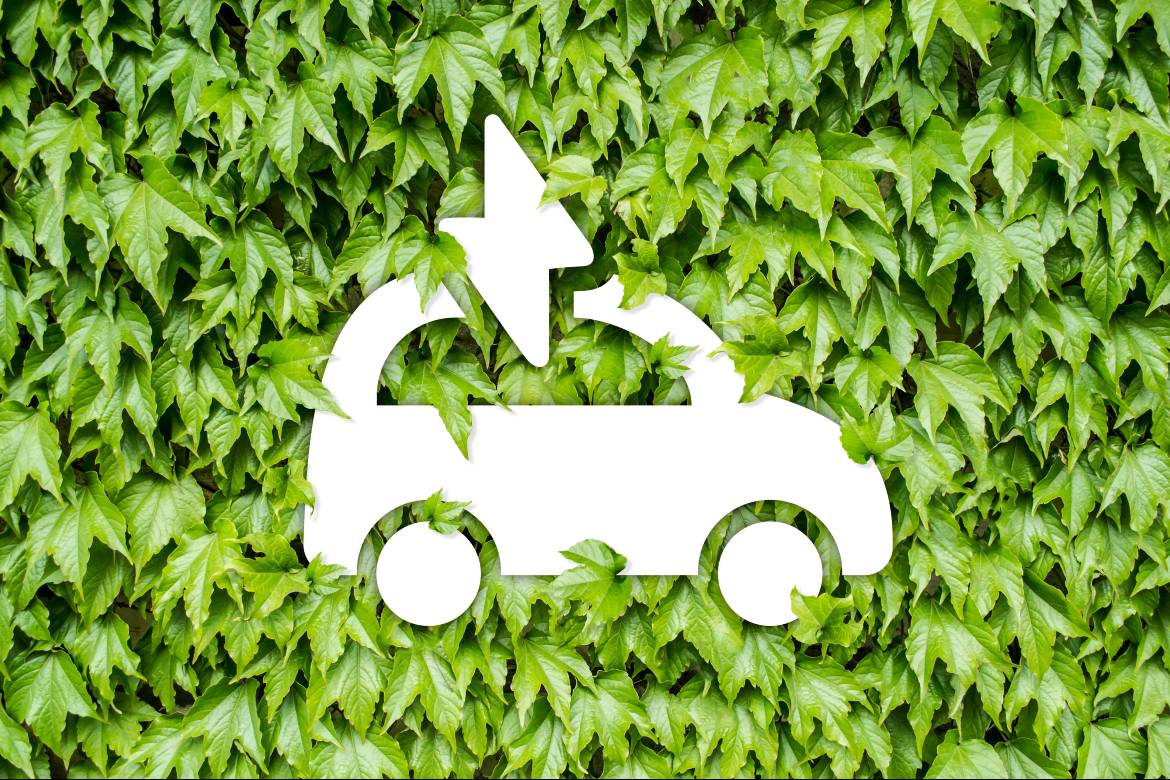EVs and the environment
What you need to know

It’s Earth Day today and a great reason to think about our impact on the planet.
It’s an issue that has been around for a long time now but has been brought into greater focus by the campaigning of inspirational people like Greta Thunberg.
But it’s not just down to her, it’s important that we all play our part by making changes to how we live our lives.
Of course, one of those changes is switching from petrol and diesel cars to electric cars.
We’ve always been told that EVs are better for the environment but how much do you actually know about it?
Here’s everything you need to know:
Why EVs are better for the planet
The obvious difference between an EV and a conventional car is how the engine is powered.
Most cars on the road today either use petrol or diesel, which emit huge amounts of carbon dioxide into the atmosphere and that is a major contributor to climate change.
Along with the CO2, these cars also emit sulfur dioxide, nitrogen oxides and particulate matter and they’re all bad for us and the planet too.
Full electric vehicles on the other hand have batteries to power the engine, so there are zero tailpipe emissions, which means switching to an EV cuts down on the air pollution you are creating every time you drive somewhere.
Are hybrids also better for the environment?
Hybrid cars have been popular as a stepping stone towards making the move to full electric vehicles, with both an electric battery and combustion engine there to power the vehicle.
But with the battery only enough for short journeys, traditional hybrids still use their engines for much of the driving.
Plug-in hybrids are more of a low-carbon option because they can be charged in the same way as EVs, but this is only the case if owners are actually charging them and using their batteries instead of relying on the engine.
If hybrids are used carefully and with thought for the environment, they certainly can be a way to do your bit, but clearly full EVs are the most effective way to cut down on your carbon emissions.
What does the future hold?
EVs are far from a zero carbon option right now, because the process of making them and producing their batteries does have a carbon footprint, while the energy required to charge them also has to be produced somehow, often using fossil fuels.
So there’s clearly work to be done by the industry, governments and us as consumers to keep on doing what we can to make these processes cleaner and greener.
Opting for renewable energy packages at home and using a smart charger are two simple ways to minimise your impact.
The good news is that steps are being taken to encourage us to switch to EVs to help governments meet their carbon targets and the more of us that make that move sooner rather than later, the bigger impact we can have on the damage we’ve been doing to our planet.
Posted on: 22nd April 2021


